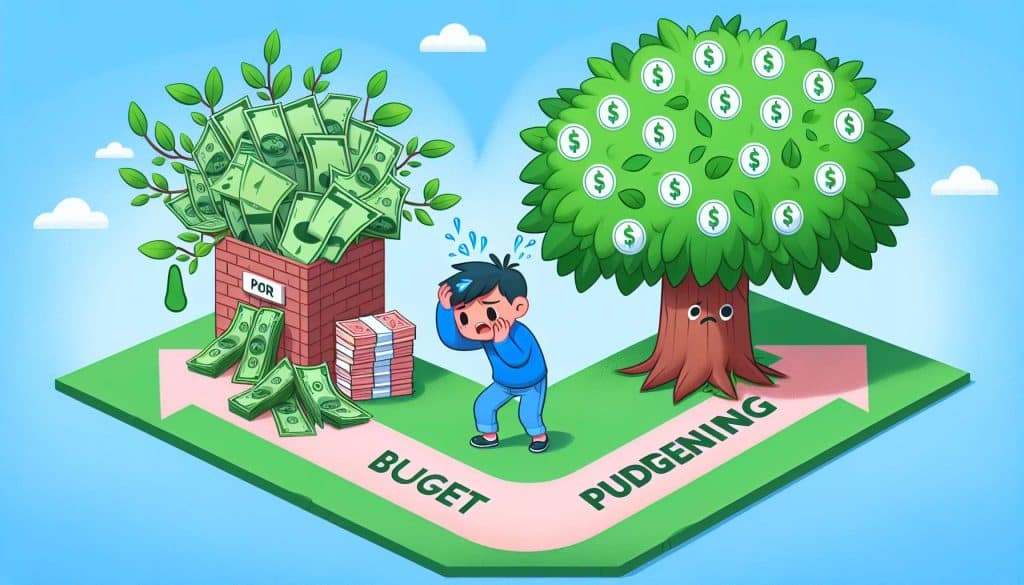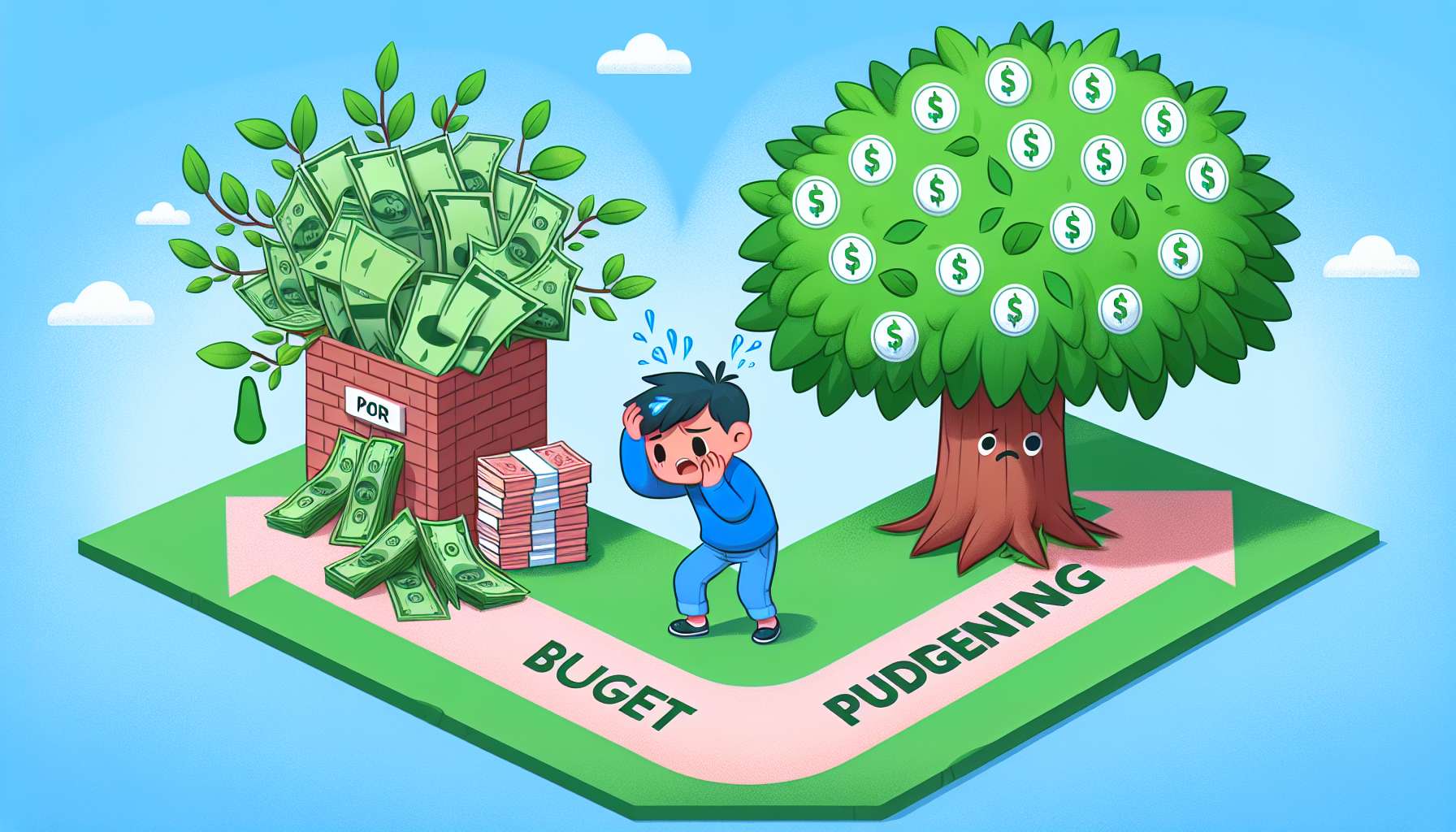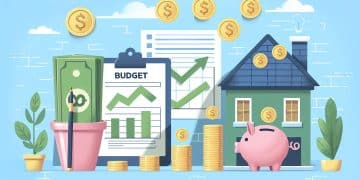Personal Budgeting Strategies: Your Pathway to Financial Freedom

Anúncios

In today’s rapidly evolving financial landscape, mastering personal budgeting is a critical skill for financial well-being. With countless consumer choices at our fingertips, individuals often face financial turbulence.
This article seeks to demystify personal budgeting, offering valuable insights toward financial freedom. By understanding the essentials of budgeting, you can make informed decisions to enhance your financial life.
Anúncios
By establishing a structured financial plan, you gain control over spending and achieve security.
Personal budgeting involves creating a financial blueprint to manage your income effectively. It ensures you meet financial obligations, manage savings, and prepare for unforeseen circumstances. People who implement budgeting methods can achieve financial stability and reduce monetary stress.
The importance of personal budgeting cannot be overstated. It provides transparency in financial matters, helps you prioritize spending, and aids in achieving financial goals such as home ownership, retirement planning, and dream vacations. By tracking and managing expenses, you pave the way for financial milestones.
Anúncios
To embark on your budgeting journey, start by outlining your financial goals. Whether short-term objectives like debt repayment or long-term ambitions such as buying a house, defining these goals will help refine your budgeting strategy.
Overview of Personal Budgeting
The first step in effective personal budgeting is tracking income and expenses. Outline all income sources, including wages, dividends, or side earnings. Next, divide expenses into fixed costs (e.g., rent, utilities) and variable costs (e.g., groceries, entertainment).
With a clear picture of your financial situation, create a realistic budget plan. Allocate funds to cover necessary expenses while ensuring savings play a central role in your monthly financial activities.
Techniques like the 50/30/20 rule or zero-based budgeting can offer structure. The former suggests dedicating 50% of your income to needs, 30% to desires, and 20% to savings, while the latter allocates every dollar to a specific purpose.
Success in budgeting requires avoiding common pitfalls like overspending on non-essentials or neglecting an emergency fund. Regularly reviewing your financial plan and adapting to changes in your financial situation is crucial for continued success.
Utilize financial tools and apps to maintain consistency, celebrate financial achievements responsibly, and increase your financial knowledge through continuous learning.
Characteristics of Personal Budgeting
- Organizing income and expenses into categories.
- Tracking and managing expenditures.
- Allocating funds for savings and debts.
- Adjusting for life changes and financial goals.
Benefits of Personal Budgeting
Mastering personal budgeting grants several advantages, primarily financial security. It allows you to take charge of your finances, making informed decisions and avoiding debt piles.
By budgeting, you foster a disciplined approach to finance. This habit can enhance your financial literacy, ensuring money is directed towards purposeful goals.
Additionally, the budgeting process encourages a mindset shift, prioritizing essential expenses and savings over trivial indulgences.
Every financial journey is unique and creating a personalized plan tailored to your needs and aspirations is fundamental. Staying consistent with your budgeting and embracing adaptability during life changes can ensure continued progress.
Finally, a proactive attitude toward your financial health can lead to achieving significant life milestones. A careful budgeting strategy can enable ample freedom for leisure activities once financial responsibilities are secure.
- Promotes financial independence.
- Reduces stress and financial anxiety.
- Prepares for life’s unpredictable events.
- Enhances financial literacy and informed decision-making.





